RUSSIAN LANGUAGE AND CULTURE IN THE MODERN WORLD
The Master’s degree program is designed specifically for foreign citizens and for those who want to work with foreigners. The Russian language is unique and original. In today’s changing world, it has a special role to play. It still serves as the language of interethnic communication not only within the Russian Federation, but also in the countries of the near and far abroad. It is the Russian language that allows us to overcome many barriers between representatives of different states and achieve mutual understanding in solving complex issues.
The flexibility and modular nature of the educational program allows you to adapt it to the level of training of undergraduates in Russian, to their scientific interests, practical needs, and to their plans for the future. It includes a set of basic linguistic, linguistic and cultural studies, methodological, and specialized disciplines that allow students to understand the dominant features of Russian culture. Undergraduates study the peculiarities of the national language consciousness, the national specifics of Russian speech etiquette, and master modern methods of conceptosphere description of the Russian language. A parallel objective of the master’s program is to increase the level of practical knowledge of the Russian language in accordance with the requirements of the Russian State Standard for the level of TRKI/TORFL-3.
Major Academic Disciplines
- project management
- the design of the educational process
- computer technologies in science and education
- fundamentals of discursive analysis
- interdisciplinary studies of language and culture
- modern linguistic concepts in the theory and practice of Russian as a foreign language
- linguistic and methodological foundations of the study and teaching of Russian as a foreign language.
- the practical course of Russian
- methods of traditional and modern linguistics
- language pictures of the world and problems of their description
- cross-cultural communication in professional interaction (in a foreign language) / human communicative behavior
- workshop on academic writing / workshop on the methodology of linguistic analysis
- workshop “public communication”
- applied philosophy
Professions for Graduates
- teacher of Russian as a foreign language
- diplomatic officer
- translator
- assistant secretary
- employee of the media, employee of the press services
- editor, proofreader in the publishing house, in the media
- librarian
- copywriter
Graduates scope of employment
- As a result of the training, graduates of the master’s degree program become highly qualified specialists in the field of Russian language and culture, who will be in demand in various professional fields and will be able to combine research activities with teaching, translation, editing, work in the field of international cooperation and business communication
You May Also Like

Advertising and Public Relations
16.02.2021
Production Management
16.02.2021

